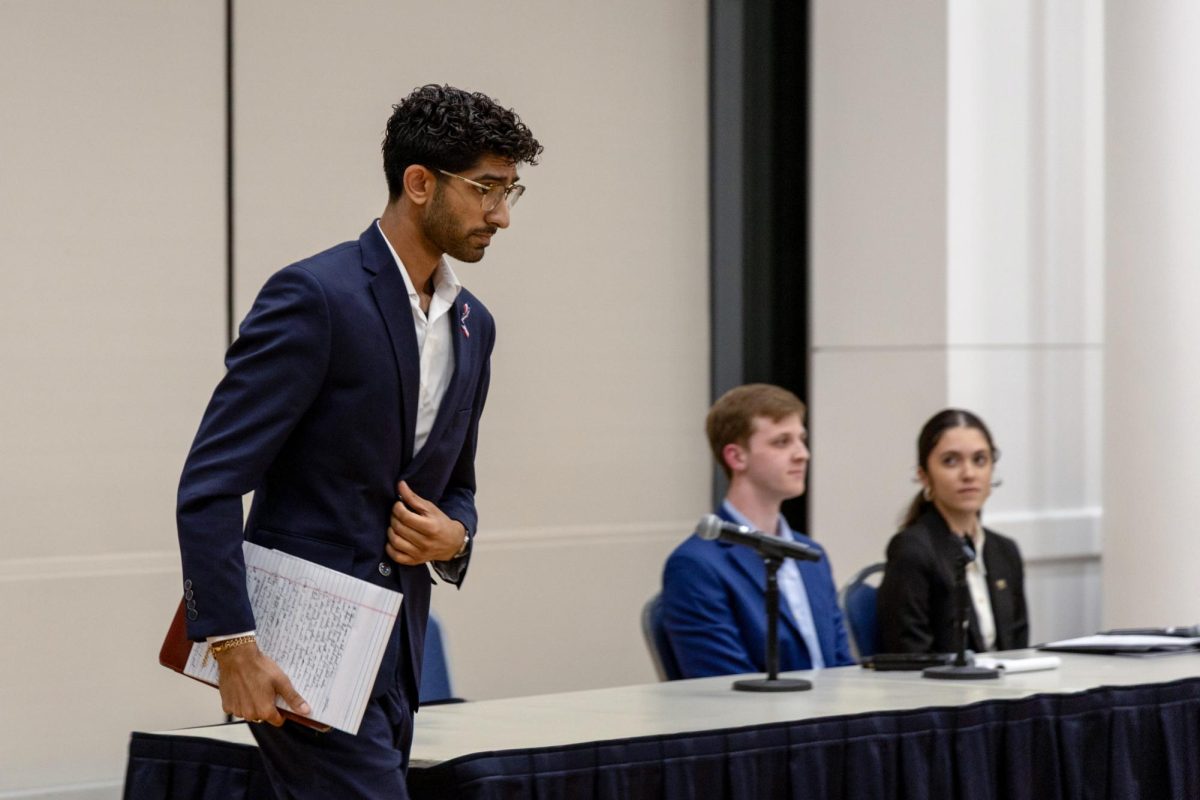International students are more likely to cheat than their American counterparts, according to internal data released this week, mirroring a growing trend of academic dishonesty among foreign students in U.S. colleges.
Non-citizen students, who make up about 12.1 percent of the GW student population, were responsible for nearly a quarter of all instances of academic dishonesty last year – the highest percentage in the available data. About 100 cases of alleged academic dishonesty were reported last year.
Instances of cheating from this population have increased over the past five years, and remain a “growing” problem so far this year, Director of the Office of Academic Integrity Tim Terpstra said. In 2006, 15 percent of violations were committed by non-U.S. citizens, who made up less than a tenth of the student population. That figure hovered in the high teens until last year, when it spiked to 23 percent.
The University statistics mirror a national problem, according to a study presented at a Student Affairs Administrators in Higher Education conference this month. International students are also more likely to cheat using technology, such as getting exam answers on the Internet and copying online material without proper attribution, the study found.
The authors of the study, which analyzed responses from a public research university in Arizona, did not return requests for comment. The study also found that members of Greek life are more likely to cheat, a variable GW does not track, Terpstra said.
The University hosts information sessions for newly admitted international students before the start of each semester, but Terpstra said it may expand outreach to try to rein in international student cheating. His office has not yet formalized plans to better educate international students about academic honesty.
“With the percentages going up we are going to have to certainly reach out more and try to emphasize what constitutes cheating in our culture and how to avoid it,” he said.
Terpstra attributed the trend to a slew of factors, including misunderstood rules and difficulty with English.
All cases of confirmed academic dishonesty are followed by a sanction specific to the type of violation. Those convicted of plagiarism are generally referred to the University Writing Center, while others who cheated because of poor time management or emotional health are often referred to the University Counseling Center, Terpstra said.
The majority of cases result in a failure of the assignment and a handful see failure of the course.
Junior Arjun Awasthi, an international student from India, said he wasn’t surprised, because his teachers failed to dissuade students from cheating in primary school.
“It is not very ingrained that if you are caught cheating, you are out. In high school, everyone used to cheat. There were not very serious consequences for cheating,” he said of his experience in India. “My experience is that, when I came to GW, I had never written a paper in my life. I think that plagiarism can come into play because people don’t have any clue what they are doing.”






